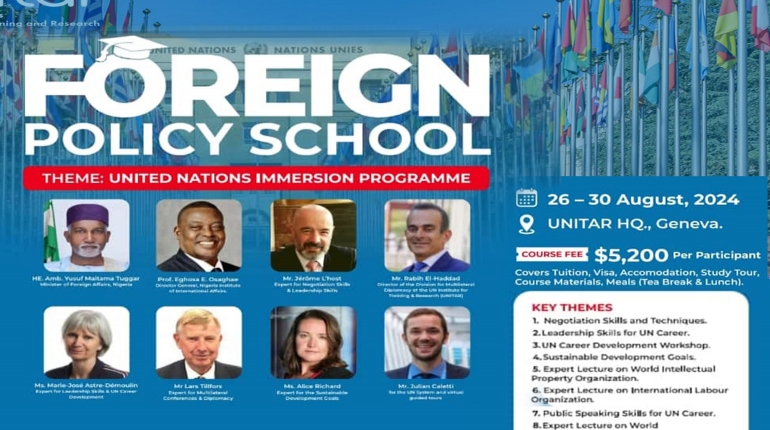
Who Should Attend
- Diplomats and Government Officials
- Policy Advisors and International Relations Officers
- Graduate Students in International Relations, Political Science, Global Studies, and Public Policy
- Young Professionals in International Organizations, NGOs, and Multinational Corporations
- Successful entrepreneurs interested in international affairs.


